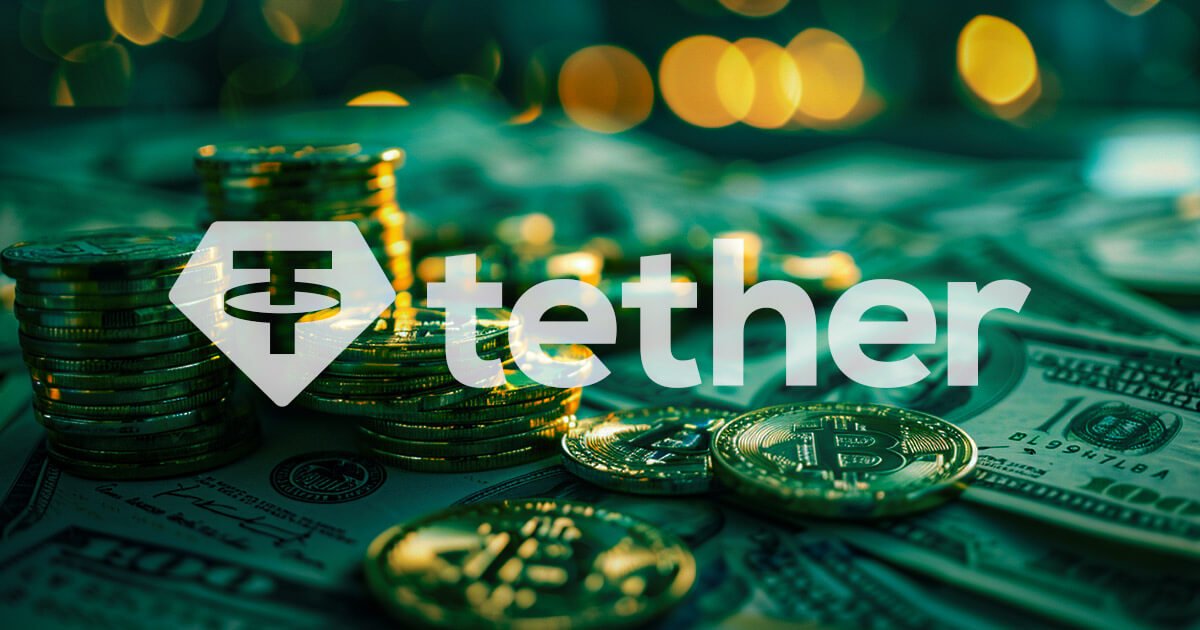
Tether CEO Paolo Ardoino has shown interest in a proposal for a quantum-powered initiative aimed at retrieving lost Bitcoin.
The idea, originally put forward by Bitcoin investor Brad Mills, suggests launching a white-hat treasure hunt to locate an estimated 3.7 million BTC that have vanished from circulation.
Ardoino acknowledged the concept’s potential but emphasized the need for transparent leadership. While he believes quantum computing is not yet advanced enough to execute such an operation, he stressed the importance of ethical oversight if the initiative ever takes shape.
He also floated the idea of Bitcoiners contributing Satoshis in exchange for a share of any Bitcoin recovered through future quantum breakthroughs. However, he insisted that most of the proceeds should fund Bitcoin’s open-source development for the long haul.
According to him:
“Just an idea on the spot: bitcoiners could participate pledging some sats today to get a revshare of future quantum hacks. And the bulk of the sum shall be used to fund Bitcoin open source developers until the end of times.”
Quantum computing threats to Bitcoin
These discussions follow Ardoino’s recent comments dismissing quantum computing as an immediate threat to Bitcoin.
Over the weekend, Ardoino assured the community that Bitcoin’s cryptographic security remains intact despite growing concerns about quantum computing.
The Tether CEO argued that the technology is still far from reaching a level where it could compromise Bitcoin’s security. Moreover, he expressed confidence that Bitcoin would adopt quantum-resistant solutions before any risks become serious.
He wrote:
“Quantum resistant addresses will eventually be added to Bitcoin before there is any serious threat. All people alive (and that have access to their wallets) will move Bitcoin into new quantum resistant addresses.”
However, Ardoino conceded that if quantum computing progresses significantly, it could lead to the recovery of Bitcoin locked in inactive wallets.
This includes holdings that belonged to deceased users or individuals who lost their private keys. He suggested that even Satoshi Nakamoto’s wallets—estimated to contain around 1.2 million BTC—could be accessed under such conditions.
Despite these hypothetical scenarios, Ardoino reaffirmed Bitcoin’s resilience. He insisted that quantum advancements would not change the network’s 21 million supply cap, writing that:
“Only 21 million Bitcoin anyway. Nothing can change that. Not even quantum computing.”
The post Tether CEO willing to explore quantum computing initiative to recover lost Bitcoin appeared first on CryptoSlate.







